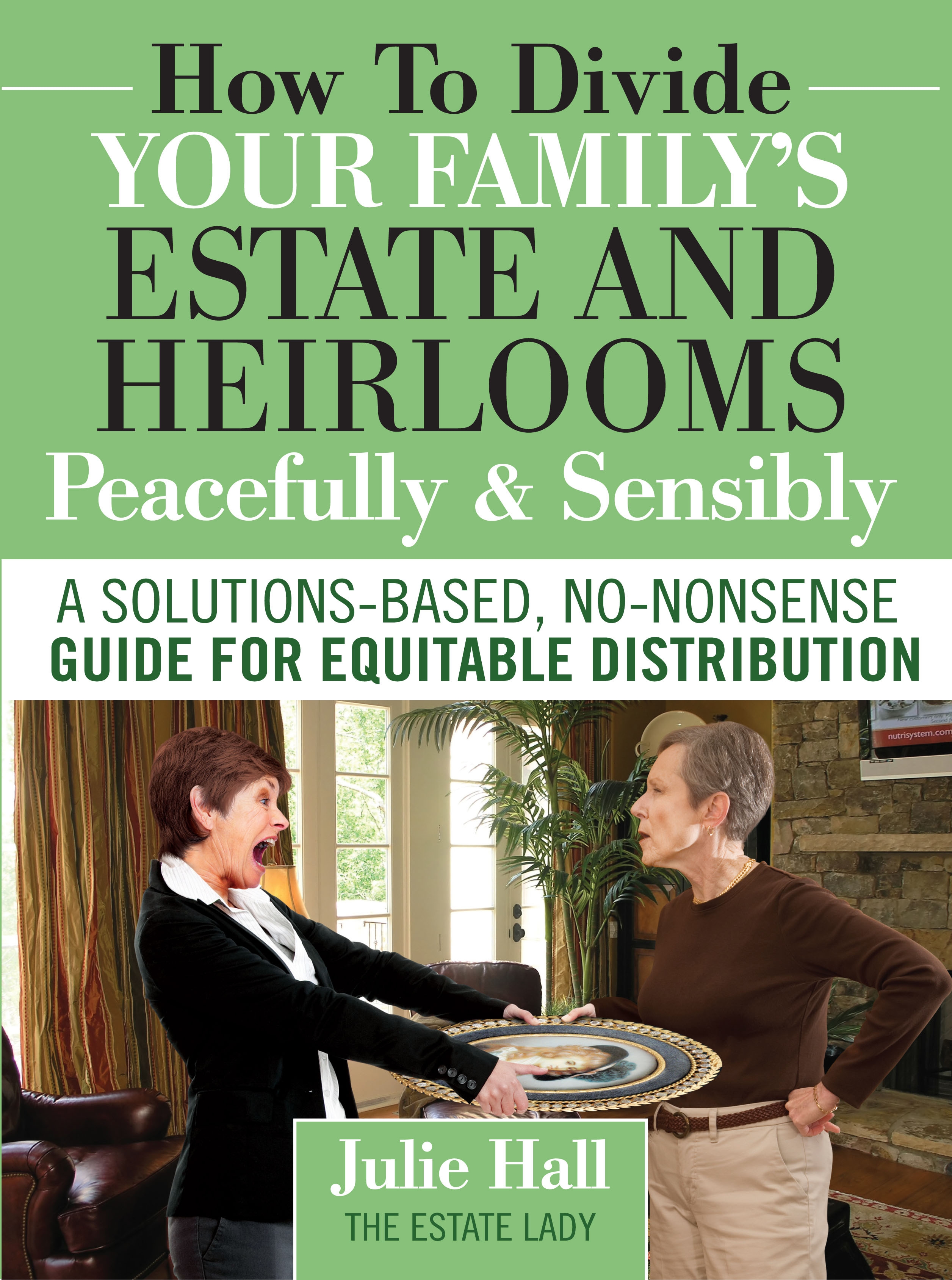It feels like the personal property world has gone a little bonkers. We have cable shows that demonstrate how to pick and make money off others who do not know the worth of their items, leaving the client feeling taken advantage of. We have people in the industry who are purchasing from their own estates. We have people who have lost their jobs and created overnight “estate liquidation specialist” companies, even though they have little experience.
Seller, BEWARE and BE CAREFUL. Use your scruples. Research the company through the Better Business Bureau, local colleagues, and professional organizations. Make sure you are dealing with someone who is recommended and is a trained professional.
I have long written and spoken on the importance of knowing what you have before you sell it, and that applies in today’s economy more than ever, when everyone is trying to make a buck off you!
Please don’t misinterpret my words. There are many estate experts out there who are truly outstanding at what they do, and ethical too! Even those who purchase from their estates, many are very fair. But like any other occupation, there are those who are not. The good ones are getting harder to find and are worth their weight in gold.
Everywhere in local papers you see, “Cash paid for antiques, collectibles, military items, etc.” Here’s my questions to you, the seller. How do you know that buyer offering cash isn’t offering you pennies on the dollar? How do you know that item he or she is offering $400 for is worth $20,000? Are you too eager? Are they sending red flags like “I’ll take it off your hands?”
Stick to your guns until you know what you are dealing with first, but you too must be fair. If an item appraises at $500, know you will not get that amount and it is unreasonable to expect that you would. Only the exceptional items are selling well in this market.
The majority of true collectors are pretty reasonable and have a tendency to offer a fair amount for an item. But someone who is in it to turn around and make money off the item(s) will often low-ball (not always, but they will try to increase their profit margin).
It is always worth getting a professional opinion, even if it costs a little bit — consider it a small insurance policy!
© 2011 Julie Hall



